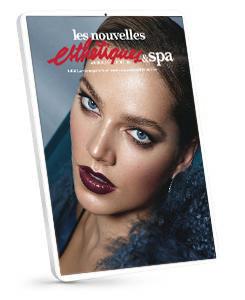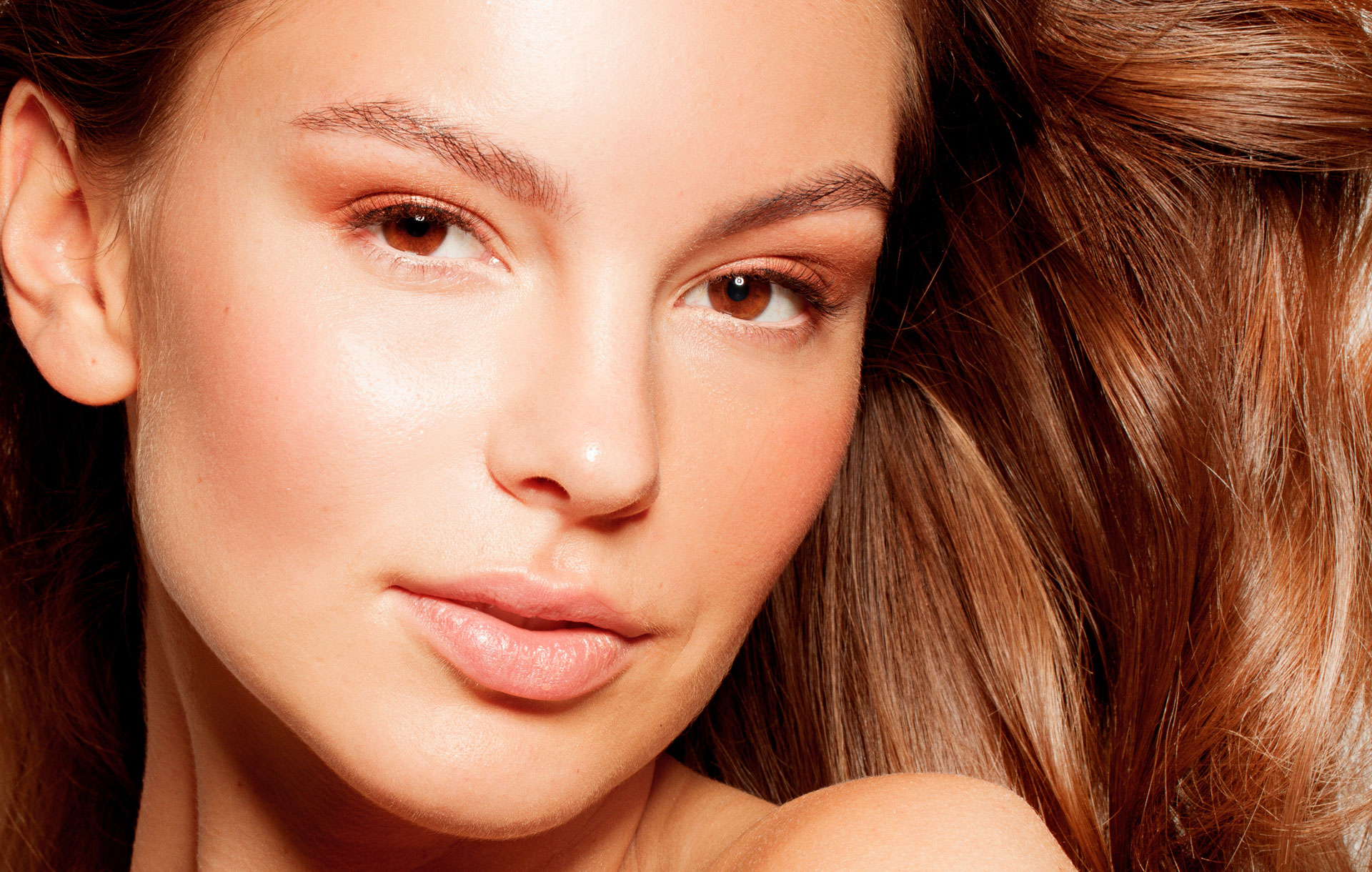Natural skin brighteners for post-summer treatments
Porcelain skin has been a sign of beauty throughout the ages. In Europe’s Elizabethan period, upper class women were known to whiten their face with ceruse, a deadly combination of vinegar and white lead, which gave them that milky complexion they sought. Today some might argue that women continue to put vanity ahead of safety when it comes to the color of their skin, and if a caramel tan is more of the desired look—at least in the West—the issue now comes down to sun damage, uneven pigmentation and those darker patches of skin that come with fun under the sun (not to mention age and other skin conditions such as melasma.
Yet with all the fuss surrounding topical bleaching agents, many people seek alternatives to skin lightening by going the all-natural way (although touted as natural, pregnant women should seek approval from their physician before going for these skin brightening treatments).
NATURE’S WONDER
Perhaps among the many promising ingredients to naturally brighten skin are licorice, lemon, resveratrol, green tea, and the controversial arbutin (a derivative of berries such as bearberry). Packed with antioxidants and vitamins that help speed cell turnover, these ingredients brighten sunspots, freckles and hyperpigmentation by resurfacing the skin.
Niacinamide, or vitamin B, works as a melanin inhibitor, helping to limit pigment issues. Retinol, or vitamin A, is very effective in treating sun damage or pigmentation as it regulates cell turnover and protects the cell against long term damage. Vitamin C is another natural lightener and brightener.
LICORICE
Licorice, from the root of Glycyrrhiza glabra, has more to offer than its unique anise and bitter flavor. Antioxidant, anti-inflammatory and antimicrobial, its components prevent UVB induced pigmentation and hinder the production of melanin (as it inhibits tyrosinase—the enzyme that controls melanin production—activity). Promising studies have shown a great skin brightening response to the topical use of licorice extract.
LEMON
High in vitamin C, lemons are packed with antioxidants that fight off free radicals, contain natural alpha hydroxy acids and have anti-inflammatory and antibacterial properties. Their acids work as exfoliators by gently removing the top layer of the epidermis (the stratum corneum made up of dead skin cells), thus resulting in a brighter skin. The flavonoid nobiletin, which is abundant in citrus peels, has been found to be a potentially potent tyrosinase hinderer (some studies argue perhaps more effective than kojic acid—a known skin whitening agent).
RESVERATROL
Resveratrol, found in red wine (red grape skin as well as knotweed plants), has anti-inflammatory properties, is also loaded with antioxidants, and some studies have shown that it can slow down melanin production and UVB induced cell color saturation. Some recent animal studies have demonstrated that topical application of resveratrol reduce tyrosinase and decrease hyperpigmentation.
GREEN TEA
Much more than a soothing beverage, green tea offers many benefits for the skin and the fight against aging as it counts scores of beneficial properties such as anti-inflammatory, and is loaded with antioxidants. Studies have shown an improvement in sun damage, with the regular use of green tea polyphenols (antioxidants), which reduce the activity of tyrosinase thus conducing to brighter skin.
ARBUTIN
Arbutin, mostly extracted from bearberry, can be perceived by some as a controversial component because it is essentially a glucose attached to a hydroquinone—the chemical that has come to be associated with skin “bleaching,” cancer and other skin disfigurations (such as cutaneous ochronosis, or the bluish discoloration of skin).
Although some hail arbutin as the natural hydroquinone, others argue that its binding to hydroquinone is enough to frown upon. Hydroquinone has been used for decades as a successful skin whitening agent. Animal studies in which hydroquinone was linked to cancer contributed to the ban of the chemical in cosmetic skin lightening in the European Union, Australia and several other countries in Africa and Asia. While in the United States the Food and Drug Administration (FDA), which regulates cosmetics, proposed to remove hydroquinone from its generally recognized as safe and effective (GRASE) designation in 2006 (in order to further study the chemical), the FDA has yet to submit its findings and final ruling. Therefore the drug is still available—with varying strength over the counter and through prescription.
The American Society for Dermatologic Surgery Association stands by “the safe use of hydro- quinone products” and supports the “continued studies to assess carcinogenic risks and signs of exogenous ochronosis.” With that said, arbutin has been found to be a strong melanin production inhibitor, thus to lighten skin effectively.
All skin care professionals should be educated and aware of the care and usage of the ingredients that they are working with, natural or chemical, and should be regulated by the state in which they perform their services.
If these ingredients might be power allies in your clients’ fight against hyperpigmentation, routine exfoliation is key. Exfoliating peels are vital in the war against aging, pigmentation and sun damage to speed up the working of the skin and reverse the skin conditions. Natural skin brighteners—which work great in series with monthly maintenance treatments— will make skin more sensitive to UV. As such, advise at least a seven day period after a peel before any sun exposure and utilize skin Reverse Summer Sun Damageproper sunscreen protection, even in indirect sun, all year round.
While manual periodical exfoliation and chemical peels are crucial, the following are other skin lightening options your clients can benefit from:
- microdermabrasion
- dermaplaning
- laser skin resurfacing
- light emitting diodes (LED)
- Intense Pulse Light (IPL)
Reversing sun damage is indeed possible. Once the pigmentation is corrected by removing old pigmented skin, melanin inhibitors and sun protection along with antioxidants will ensure the skin stays in a healthy state.













